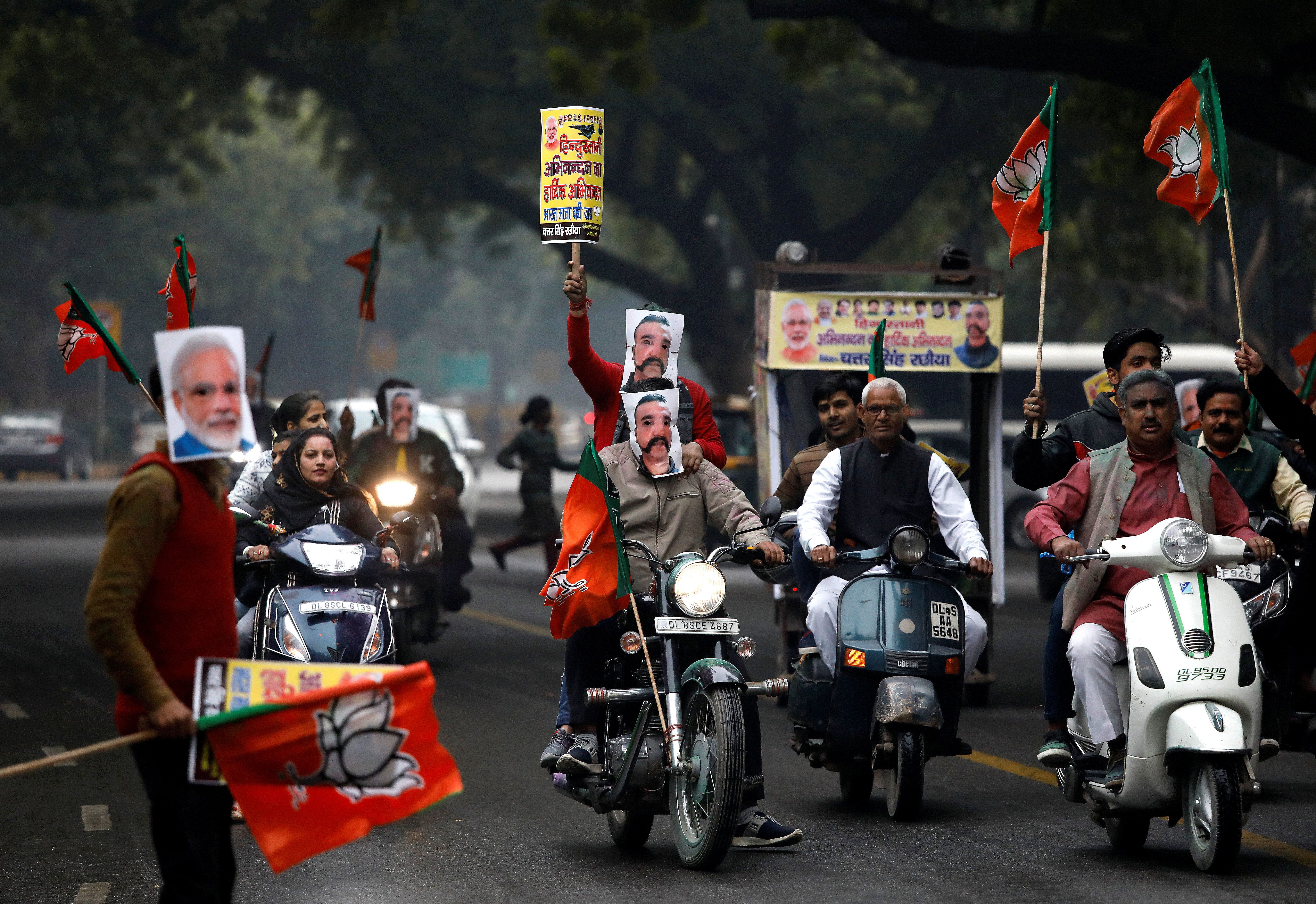A new report fromThe Atlanticdetails an epidemic of "fake news" now plaguing India as it gears up for an upcoming national election, with a critical difference from stories of Russian interference in European and US elections: This problem is based at home.
Indian political parties have reportedly created elaborate operations to spread false and malicious stories aimed at political rivals, critics, and even religious minorities.
The damage has been dramatic; carefully crafted rumors that play on existing fears and prejudices have reportedly contributed to the lynching deaths of more than two dozen victims.
The troubling trend: There is nothing uniquely Indian, of course, about organized misinformation campaigns or public appetite for ugly rumors that confirm prejudices. Indonesia President Joko Widodo is now making campaign appearances via hologram in part to refute fake news stories in front of as many people as possible ahead of an upcoming election there later this month. "I assure you it's all slander, lies. Don't believe it," his hologram pleas.
The bottom line: If this trend is taking hold in India and Indonesia, you can be sure it's going to be a problem all over the world. Here are some recent African examples. Prepare for upcoming stories about digital-age dirty tricks in every country that holds elections—and new ideas on how to guard against them.
